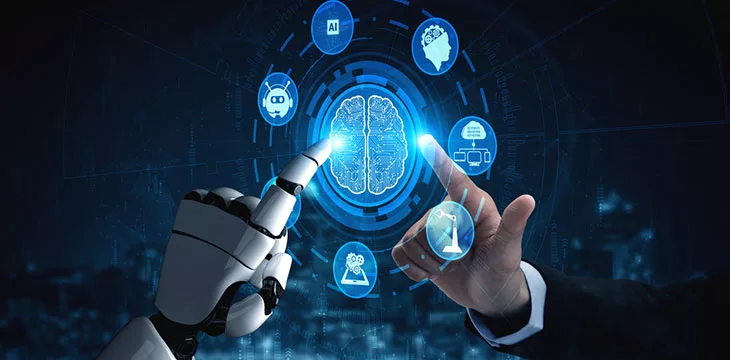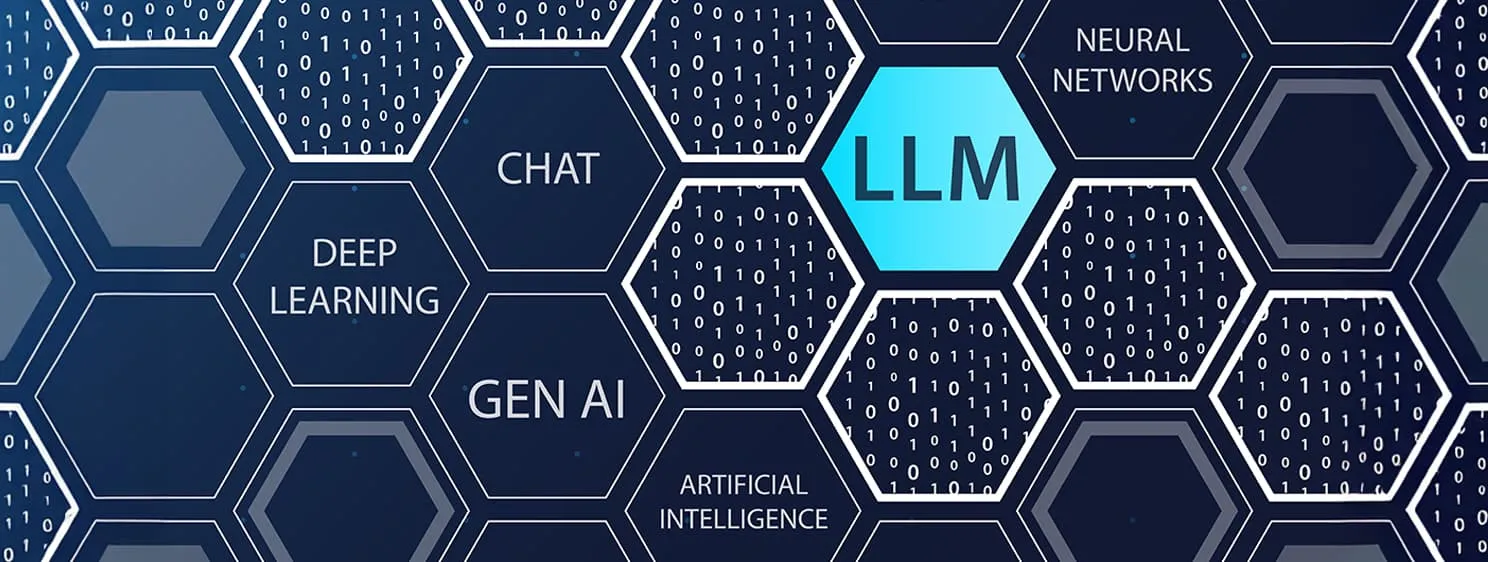|
Getting your Trinity Audio player ready...
|
Scientists inch closer to developing artificial intelligence (AI) that mimics humans’ continual learning, allowing it to progressively build upon previous knowledge.
“Continual learning is when a computer is trained to continuously learn a sequence of tasks, using its accumulated knowledge from old tasks to better learn new tasks,” the scientists from the University of Ohio said in their presentation at the International Conference on Machine Learning (ICML).
For years, scientists have grappled with the challenge of ‘catastrophic forgetting’ in which artificial neural networks lose information previously gained in the process of acquiring new knowledge, stated Ness Shroff, a computer science professor.
With AI adoption soaring, and society now relying on the technology for more complex needs, catastrophic forgetting can put the machines and their users at risk.
The University of Ohio believes it has solved the challenge—the secret is exposing AI to diverse tasks in succession rather than tasks that share similar features. This mimics humans who struggle to recall contrasting facts about similar scenarios but easily remember inherently different situations.
The scientists acknowledged that teaching dynamic, lifelong learning to autonomous systems will be a herculean task. However, “possessing such capabilities would allow scientists to scale up machine learning algorithms at a faster rate as well as easily adapt them to handle evolving environments and unexpected situations.”
“Essentially, the goal for these systems would be for them to one day mimic the learning capabilities of humans.”
ICML is one of the world’s premier events for the machine learning industry. This year’s event included keynote presentations from John Schulman, the OpenAI co-founder, and Shakir Mohammed, the head of research at Google DeepMind, the tech giant’s London-based AI subsidiary.
While it pushes for the adoption of machine learning and AI, ICML banned the use of ChatGPT and other AI language tools to write academic papers at the event. The event organizers said that papers written by AI tools can’t be considered novel and are “mere derivatives of existing work.”
In order for artificial intelligence (AI) to work right within the law and thrive in the face of growing challenges, it needs to integrate an enterprise blockchain system that ensures data input quality and ownership—allowing it to keep data safe while also guaranteeing the immutability of data. Check out CoinGeek’s coverage on this emerging tech to learn more why Enterprise blockchain will be the backbone of AI.
Watch: Adding the human touch behind AI

 06-30-2025
06-30-2025 





